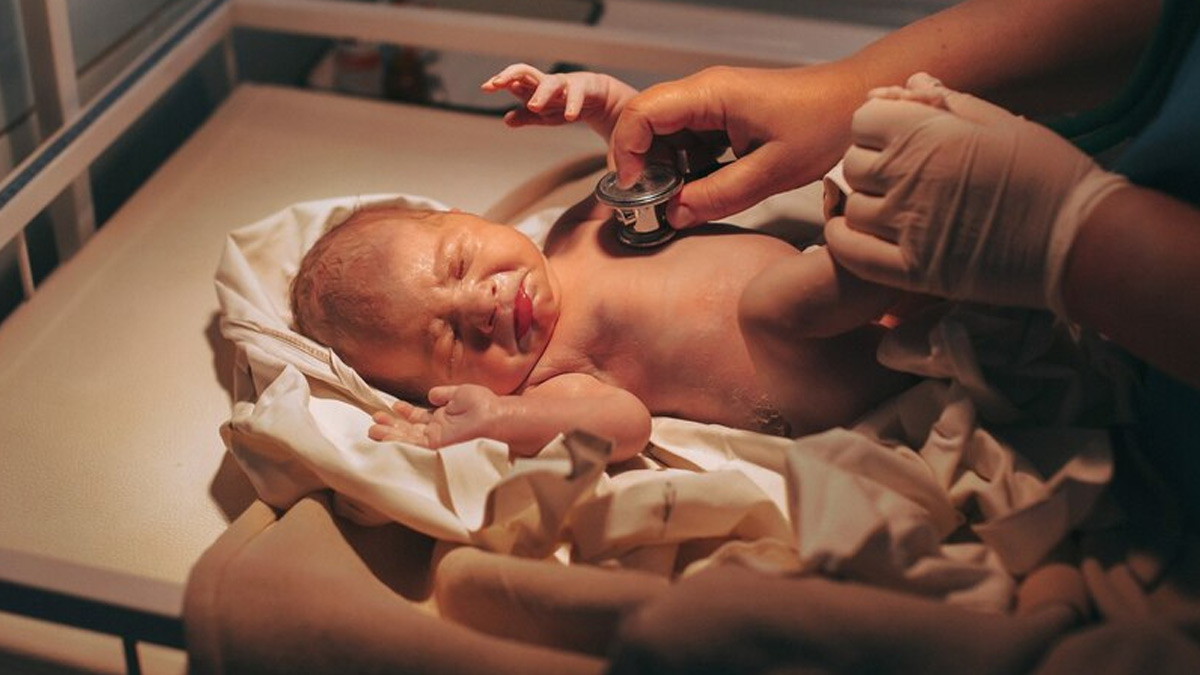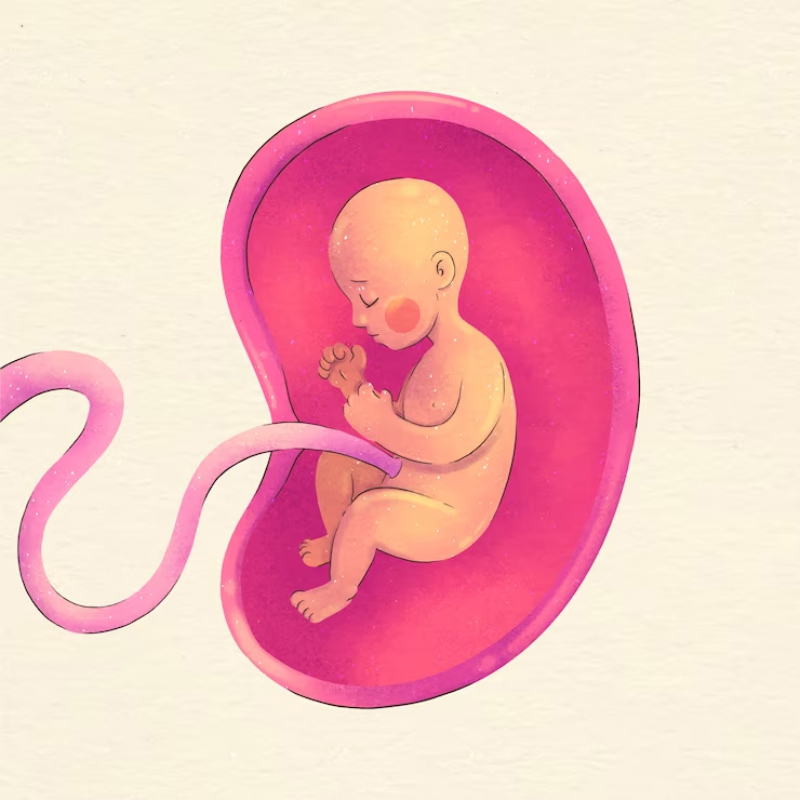
The health of a mother during pregnancy plays a critical role in shaping the growth and development of the foetus. While much emphasis is placed on the risks and complications associated with maternal obesity, it is important not to overlook the gravity of maternal underweight. We spoke to our expert Dr Rahul Verma, Director, Neonatology and General Paediatrics, Sir HN Reliance Foundation Hospital, Mumbai, who explained the impact of maternal underweight on pregnancy and infant health.
Table of Content:-
Complications Due To Underweight During Pregnancy

“Inadequate weight gain during pregnancy can lead to various complications, such as premature birth, low birth weight, and developmental issues in the child. Therefore, it is crucial to monitor the weight of expectant mothers and provide them with the necessary support to maintain a healthy weight throughout their pregnancy”, said Dr Verma.
According to a 2018 study, a mother's diet both before and during pregnancy has a significant impact on the health of her unborn child. Low birth weight is a known risk factor for unfavourable brain development, and maternal underweight is one such risk factor.
Effects on Pregnancy
When a woman has a Body Mass Index (BMI) below 18.5 kg/m², it is called maternal underweight. Dr Veram listed its complications during pregnancy as follows:
- Higher chances of having a preterm birth
- Intrauterine Growth Restriction (IUGR)
- Low birth weight
- Neonatal mortality
Being underweight can also make it challenging for women to conceive and have a healthy pregnancy due to hormonal imbalances and nutritional deficiencies.
Also Read: Sciatica Nerve Pain In Pregnancy: Expert Explains The Impact And How To Manage It
Impact on Foetal Development

The environment inside the uterus plays a vital role in the growth and development of a foetus. “When a mother is undernourished, the essential nutrients required for the foetus' development are compromised, leading to impaired growth. In case of inadequate weight gain by the mother during pregnancy, the risk of delivering Small-For-Gestational-Age (SGA) infants increases”, said Dr Verma. SGA infants are at a higher risk of neonatal complications and long-term health issues, including developmental delays and chronic diseases later in life.
Nutritional Deficiencies
It's important to note that mothers who are underweight during pregnancy often have insufficient nutrient stores in their bodies, which can harm the development of the foetus.
“This is because deficiencies in essential micronutrients, such as folate, iron, and calcium can increase the risk of neural tube defects, anaemia, and skeletal abnormalities in the developing foetus. Also, if the mother's nutritional status is inadequate, it may predispose the infant to metabolic disorders and impaired immune function, which can have long-term health consequences”, added Dr Verma. Therefore, expectant mothers must ensure that they are getting adequate nutrition during pregnancy to support the healthy growth and development of their baby.
Also Read: Feeling Hot During Pregnancy? Expert Explains The Reasons And What You Can Do About It
Preterm Birth and Low Birth Weight

Maternal underweight is a significant risk factor for preterm birth and low birth weight, both of which are associated with adverse neonatal outcomes. Preterm infants are at increased risk of respiratory distress syndrome, intraventricular haemorrhage, and developmental delays.
Low birth weight infants face higher rates of mortality and morbidity, as well as long-term health challenges, including cognitive impairments and chronic diseases.
Interventions and Management
Dr Verma listed the following measures that should be followed to avoid complications:
- Addressing maternal underweight during pregnancy requires a comprehensive approach that focuses on optimising maternal nutrition, monitoring maternal weight gain, and addressing underlying medical conditions.
- Prenatal care providers should assess maternal nutritional status, provide counselling on healthy eating habits, and offer appropriate supplementation when indicated.
- Additionally, close monitoring of foetal growth and development through ultrasound and other diagnostic tests is essential for early detection of complications.
Bottomline
Dr Verma concluded, “It's important to prioritise interventions that support healthy weight gain and optimise maternal nutrition. This is because maternal underweight during pregnancy poses significant risks to both maternal and infant health. Addressing maternal underweight can lead to healthier pregnancies, healthier babies, and brighter futures for mothers and their babies.”
[Disclaimer: This article contains information provided by an expert and is for informational purposes only. Hence, we advise you to consult your expert for managing your health.]
Also watch this video
How we keep this article up to date:
We work with experts and keep a close eye on the latest in health and wellness. Whenever there is a new research or helpful information, we update our articles with accurate and useful advice.
Current Version